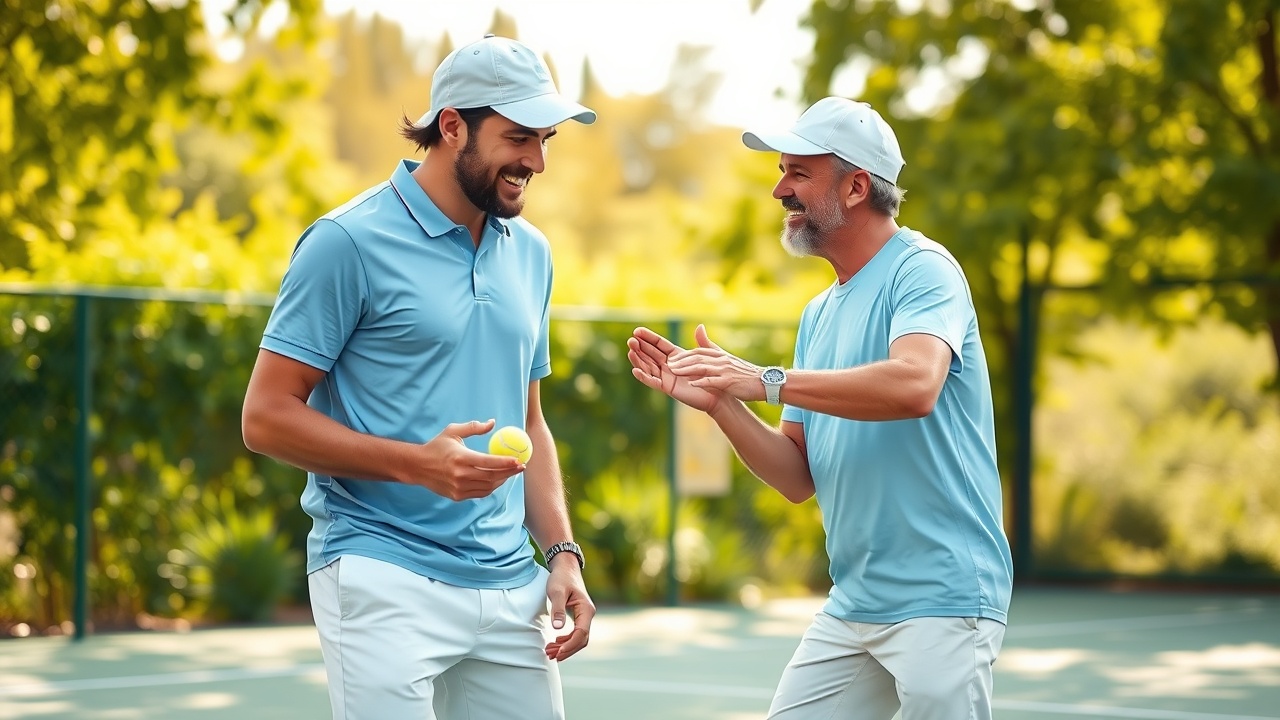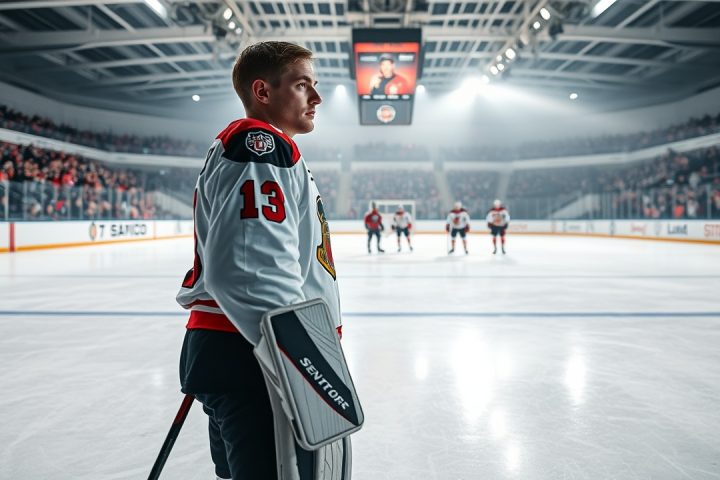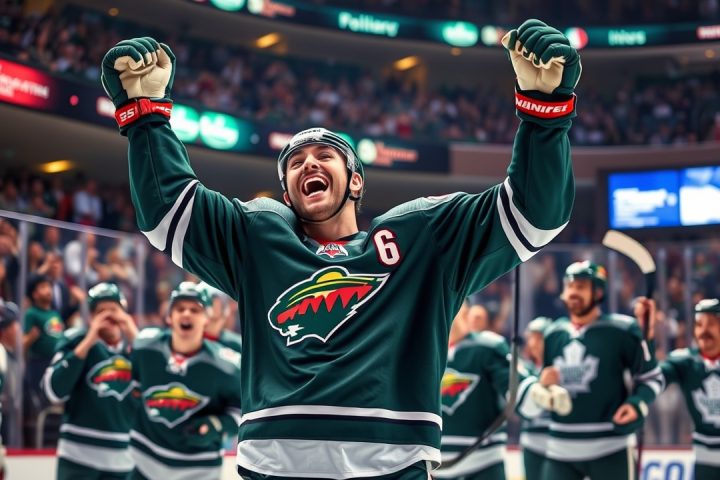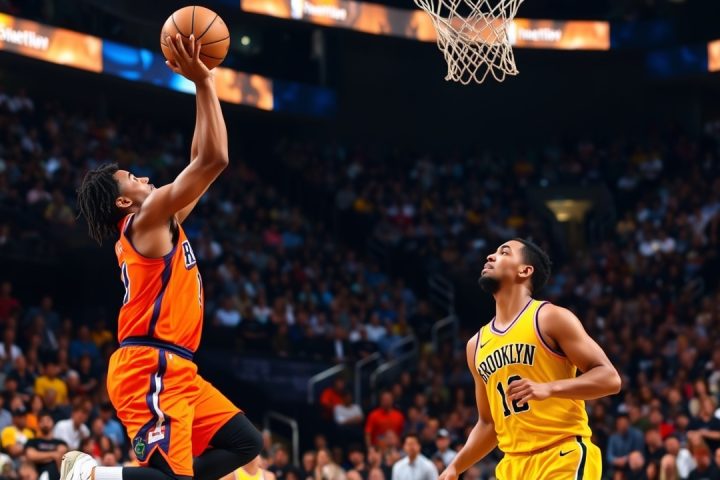The Complexity of Father-Son Coaching Relationships in Tennis
In the competitive world of professional tennis, the dynamics of a father-son coaching relationship can be intricate and fraught with emotional complexity. A particularly notable example can be found in the recent experiences of Stefanos Tsitsipas and his father, Apostolos.
Stefanos Tsitsipas and Apostolos Tsitsipas
In the spring of 2025, former tennis star Goran Ivanišević had high expectations when he decided to coach Stefanos Tsitsipas, a two-time Grand Slam finalist, during a difficult phase in his career. The 2023 season had seen Tsitsipas struggling with his performance, especially after a bitter split with his father in August 2024 following a tense confrontation during a match. This relationship breakdown occurred after Tsitsipas lost to Kei Nishikori, and afterward, he announced that while Apostolos would continue to travel with him, he would no longer serve as his coach.
At that time, Tsitsipas felt the need to take control of his emotional state and career direction.
“I’ve been feeling more in control of my own emotions,”
he said, emphasizing the necessity of independence in his decision-making. However, he soon faced more challenges, including a disappointing outcome at the U.S. Open, where he was defeated in the first round by Thanasi Kokkinakis.
After a brief trial period under Ivanišević’s guidance, which saw Tsitsipas losing two out of three matches, it became evident that the duo’s collaboration was not sustainable. Ultimately, Tsitsipas decided to return to his father’s side—the nature of their bond, marked by both support and strife, proved difficult to sever completely.
Common Experiences Among Athletes
The intricacies of such relationships are common among athletes, particularly when the family tie crosses into the professional arena. For many players like Alexander Zverev, who shares the court with his own father and brother, there’s an acknowledgment that familial ties can lead to friction but also understanding. Zverev reflected on how he and his family navigate their coach-player dynamic, emphasizing that while conflicts arise, their shared history allows them to communicate effectively.
Similar situations can be observed with Casper Ruud, whose father, a former professional player himself, is seen as more of a peer than a traditional coach. This camaraderie helps maintain balance during intense match pressures, blending their personal relationship with a professional one seamlessly.
Conversely, newcomer Ben Shelton‘s reuniting with his father Bryan after college highlights a different stage in a father-son coaching dynamic. Despite the challenges of coaching in a collegiate environment, where favoritism could strain relations, they now work together as a team on the professional circuit, allowing for greater understanding and flexibility.
Conclusion
Ultimately, the relationship between a father and son in professional tennis can shape both athlete performance and personal growth—even in its complicated aspects. As Tsitsipas considers how to align his coaching approach moving forward, he reflects on the blend of autonomy and familial connection, suggesting that no matter how far one tries to step away, the wisdom of a parent can still hold significant sway in the pursuit of success.




